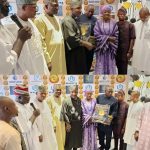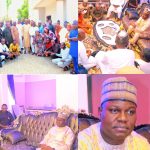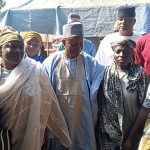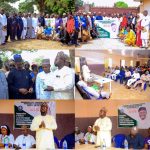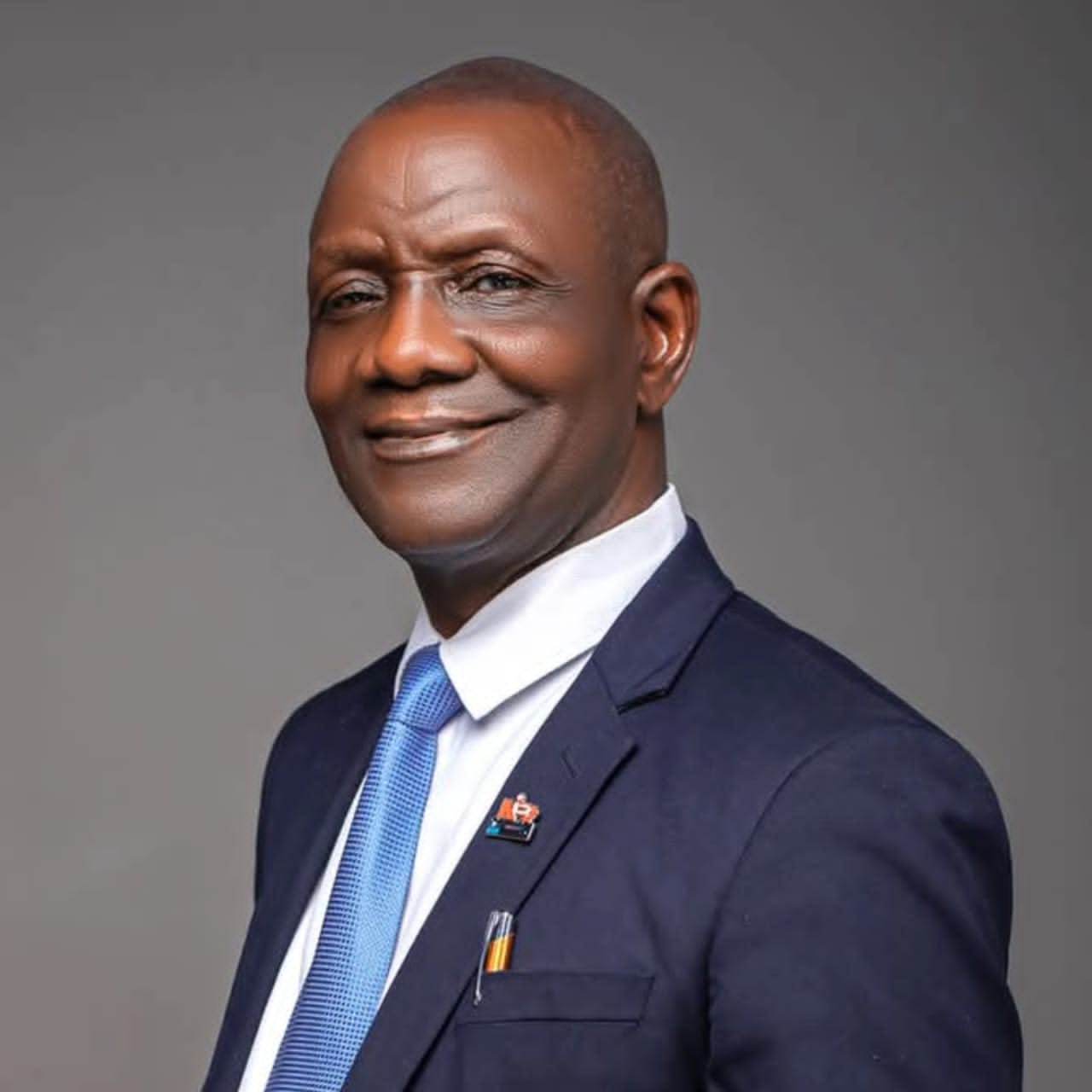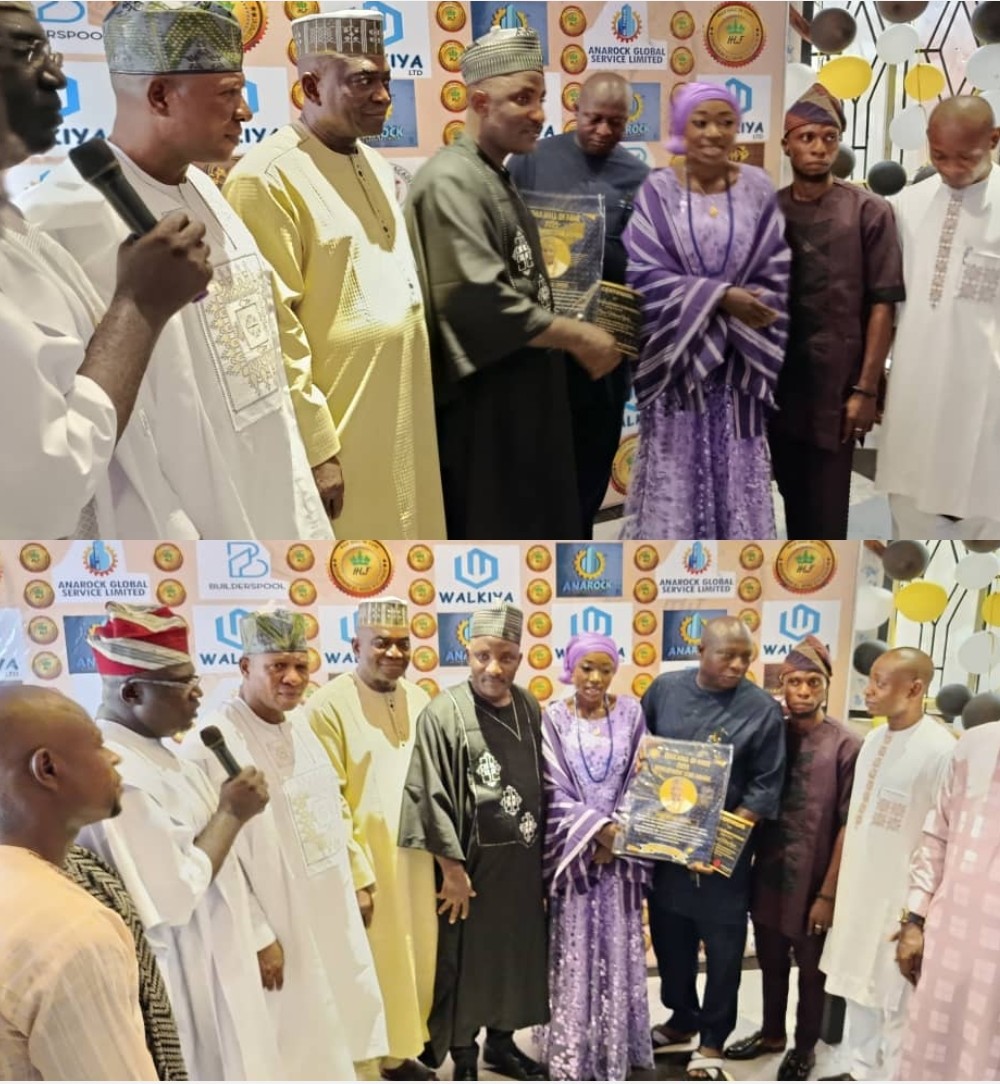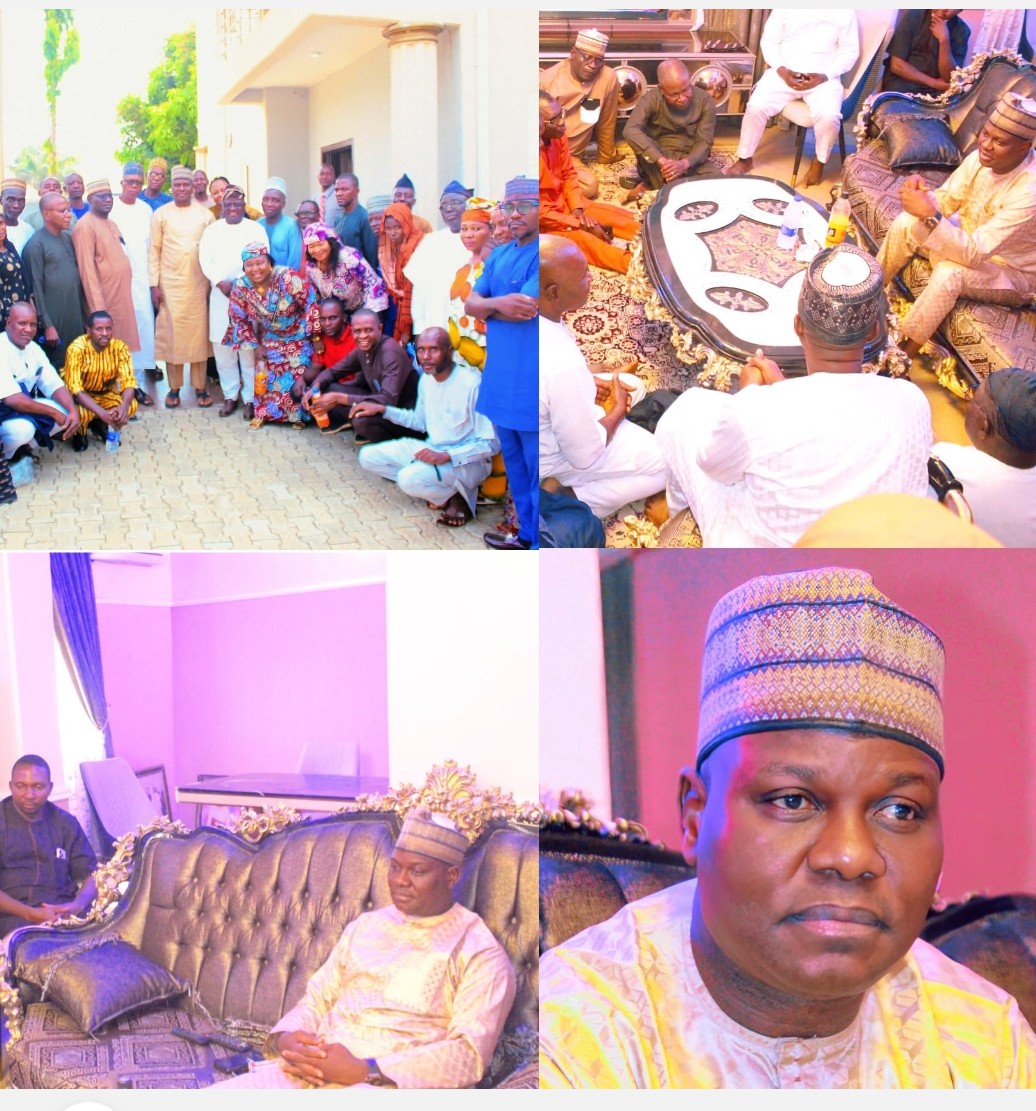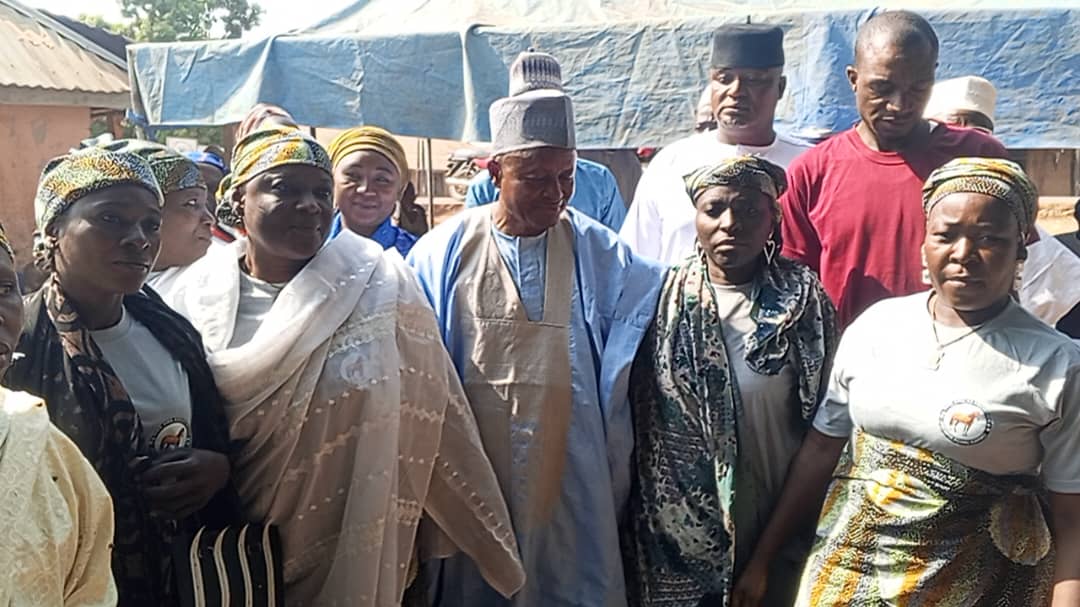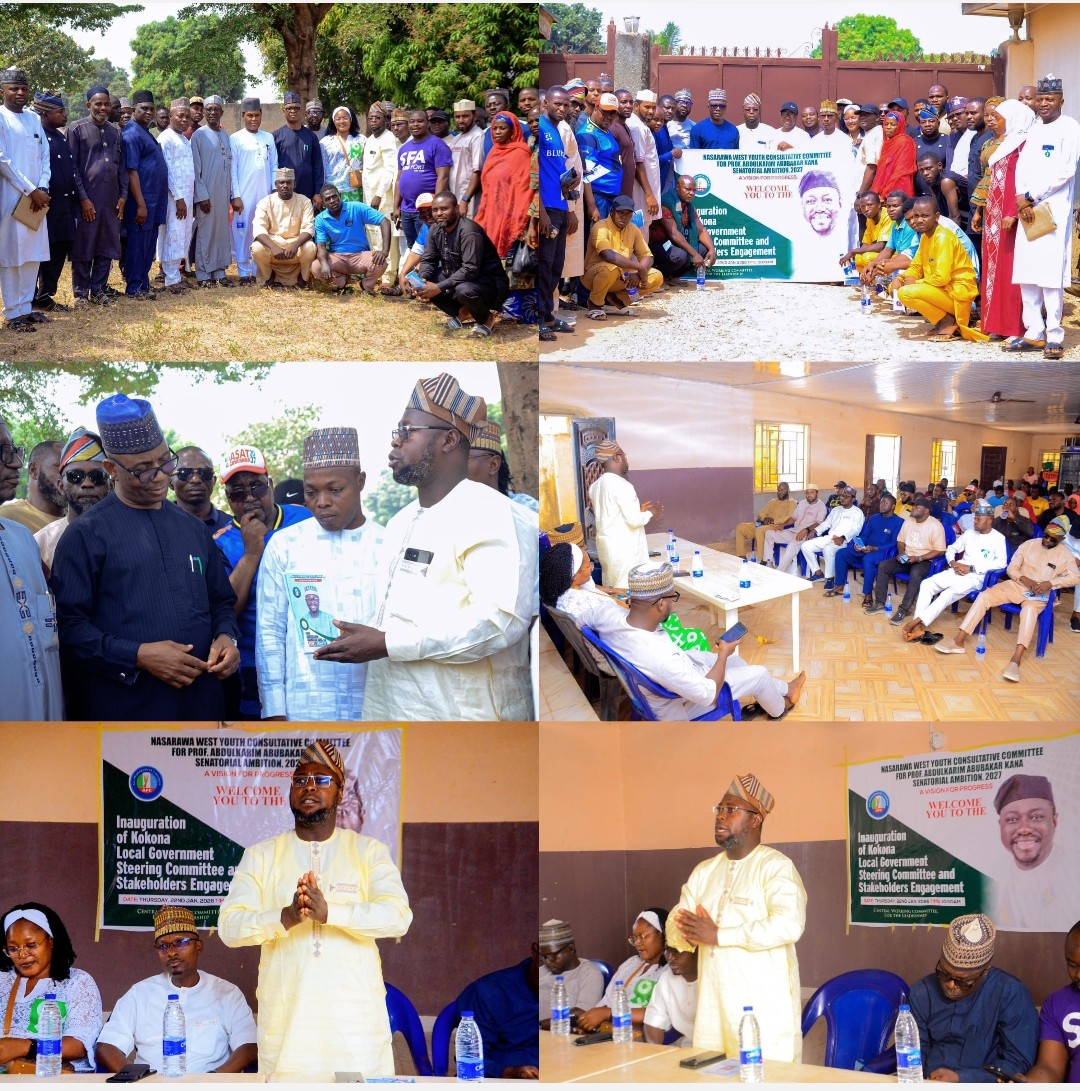The Unsung Roles of Public Opinion in Nigeria’s Democratic Governance
By Fred Latimore Oghenesivbe, Esq.
In the realm of governance, public opinion stands as a potent force that shapes the trajectory of a nation. In Nigeria, a country striving to perfect its democratic processes, understanding and harnessing public opinion is crucial for effective governance. But how exactly does public opinion influence the government’s decision-making process, and what mechanisms are in place to ensure that the voices of Nigerians are heard and valued?
Public opinion serves as a vital guide for policymakers, offering insights into the needs, aspirations, and concerns of the populace. By tapping into this reservoir of collective wisdom, the government can craft policies that are not only relevant but also effective in addressing the myriad challenges facing the nation. Whether it’s tackling issues of economic inequality, improving healthcare, or enhancing security, public opinion provides a roadmap for action that resonates with the people.
Several channels facilitate the expression of public opinion in Nigeria, each playing a unique role in ensuring that the government remains accountable and responsive. These include: Media and Journalism, Public Forums and Town Halls, Social Media, Surveys and Polls.
A free and vibrant press is instrumental in highlighting issues, sparking debates, and providing platforms for citizens to voice their opinions on matters of national interest, while public forums and town halls gatherings offer direct interaction between government officials and the public, fostering transparency and allowing for immediate feedback on government initiatives and policies.
In today’s digital age, social media platforms have become powerful tools for expressing public opinion, mobilizing support, and influencing policy discussions on a wide range of issues.
Regular surveys and polls conducted by both government agencies and independent organizations help in gauging public sentiment on various issues, providing valuable data that can inform policy decisions. While public opinion is a cornerstone of democratic governance, its effective utilization faces several challenges in Nigeria.
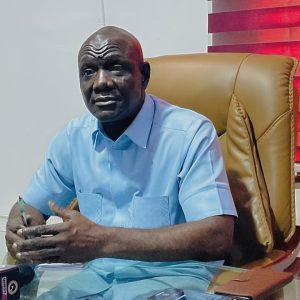
Issues such as misinformation, ethnic and religious divisions, and varying levels of access to information can distort public discourse and hinder the government’s ability to accurately gauge and respond to the people’s needs. However, these challenges also present opportunities for growth and improvement. By strengthening institutions that promote transparency, investing in education, and encouraging civic engagement, Nigeria can harness the full potential of public opinion to drive positive change and sustainable development.
For Nigeria to truly benefit from the power of public opinion, there must be a concerted effort from both the government and civil society to create an environment where free expression and constructive criticism is not only appreciated but also encouraged. This involves not just listening to the voices of the people but also acting upon their concerns in a manner that is transparent, accountable, and just.
By doing so, Nigeria can pave the way for a more inclusive, responsive, and democratic governance that truly reflects the will and aspirations of its people.
